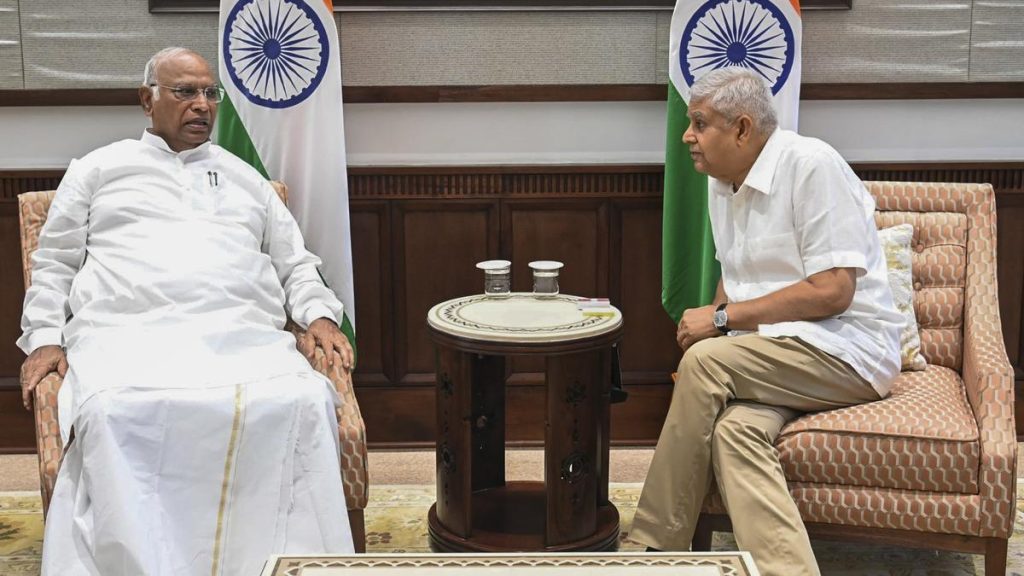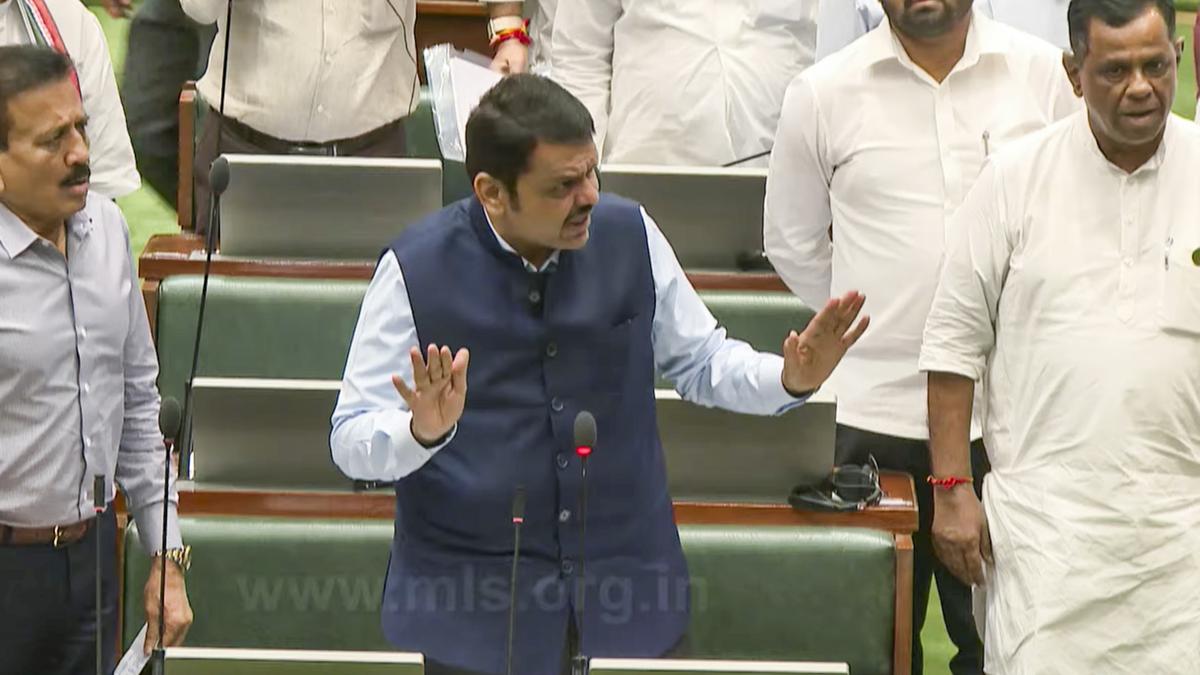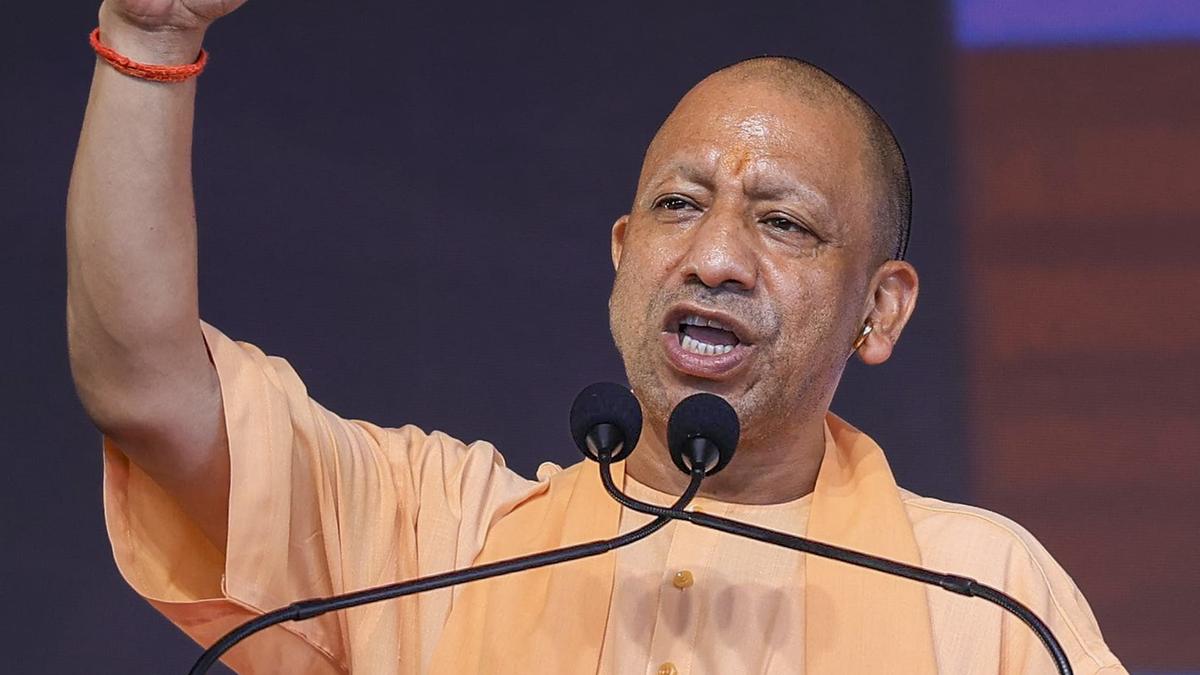Now Reading: Priyanka Criticizes U.P. School Merger, Alleges Bias Against Dalits and Backward Communities
-
01
Priyanka Criticizes U.P. School Merger, Alleges Bias Against Dalits and Backward Communities
Priyanka Criticizes U.P. School Merger, Alleges Bias Against Dalits and Backward Communities

Quick Summary
- Event: Congress MP Priyanka Gandhi Vadra raised concerns over the Uttar Pradesh government’s plan to close around 5,000 government schools under a merger initiative.
- Claims: Priyanka Gandhi alleged that the decision violates the Right to Education and disproportionately affects Dalits, tribals, minorities, and economically deprived groups.
- Background: Teacher organizations claim that as many as 27,000 schools could be affected by closures due to low student enrollment (less then 50 students per school).
- UP Government’s Objective: The initiative aims to merge smaller schools with nearby facilities for better functionality and viability while ensuring continuity in education for students.
- Pushback: Opposition political parties and teachers have criticized the move as detrimental primarily to poor communities.
Indian Opinion Analysis
The Uttar Pradesh government’s stated rationale behind merging sparsely attended schools is functional efficiency. Though, the criticism highlights legitimate concerns about accessibility for marginalized groups. Schools located far from villages may hinder attendance-especially among young children and girls-potentially exacerbating existing inequalities in education. As education is foundational for social mobility, any disruption must be carefully assessed alongside logistical considerations.
Moreover, this policy exemplifies how administrative decisions can amplify political tensions when they intersect with socioeconomic vulnerabilities. The pushback underscores broader apprehensions about systemic neglect of marginalized communities’ welfare within governance structures.
Further scrutiny into implementation plans-including transportation support or localized measures-is essential to strike a balance between resource optimization and equitable educational access.
For read more: [Link Placeholder]
























